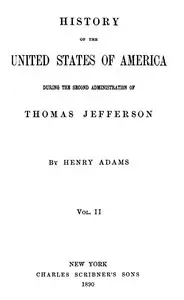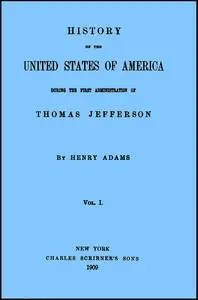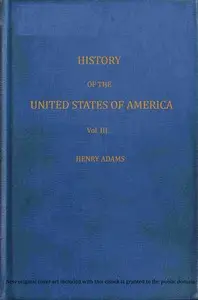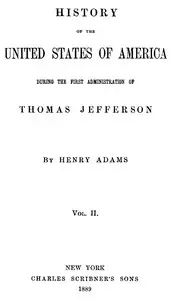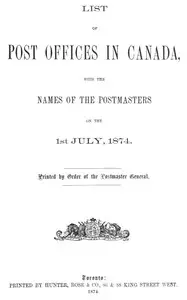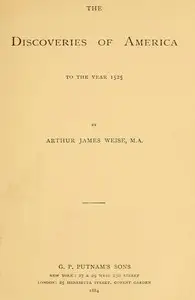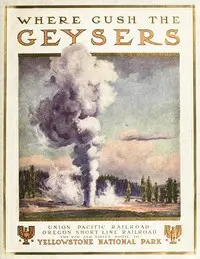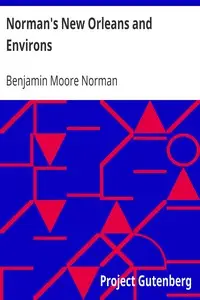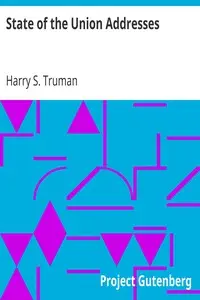"History of the United States of America, Volume 6 (of 9)" by Henry Adams is a historical account written in the late 19th century. This volume focuses on the first administration of President James Madison, covering the significant events and political maneuvers between 1809 and 1813 during a tumultuous period in American history, particularly in relation to foreign relations and the tensions leading to the War of 1812. The opening of this volume sets the stage for the complex diplomatic challenges faced by Madison, especially regarding relations with Great Britain and France. It begins by outlining Britain's precarious situation as it contended with the threat of Napoleon's ambitions in Europe while simultaneously managing its colonies and international trade. The narrative introduces the frustrations of American diplomats who, like William Pinkney, grapple with British policies such as the Orders in Council and the illegal blockades impacting U.S. trade, ultimately leading to heightened tensions that foreshadow America's entry into war. This opening segment thoroughly examines the legislative and diplomatic strategies employed by Madison's administration, reflecting on the interplay between national honor, economic interests, and international diplomacy. (This is an automatically generated summary.)
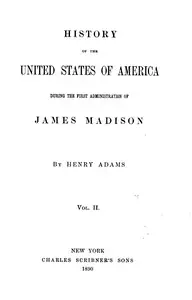
History of the United States of America, Volume 6 (of 9) : $b During the first administration of James Madison
By Henry Adams
"History of the United States of America, Volume 6 (of 9)" by Henry Adams is a historical account written in the late 19th century. This volume focuse...
Henry Brooks Adams was an American historian and a member of the Adams political family, descended from two U.S. presidents. As a young Harvard graduate, he served as secretary to his father, Charles Francis Adams, Abraham Lincoln's ambassador to the United Kingdom. The posting influenced the younger man through the experience of wartime diplomacy, and absorption in English culture, especially the works of John Stuart Mill. After the American Civil War, he became a political journalist who entertained America's foremost intellectuals at his homes in Washington and Boston.

